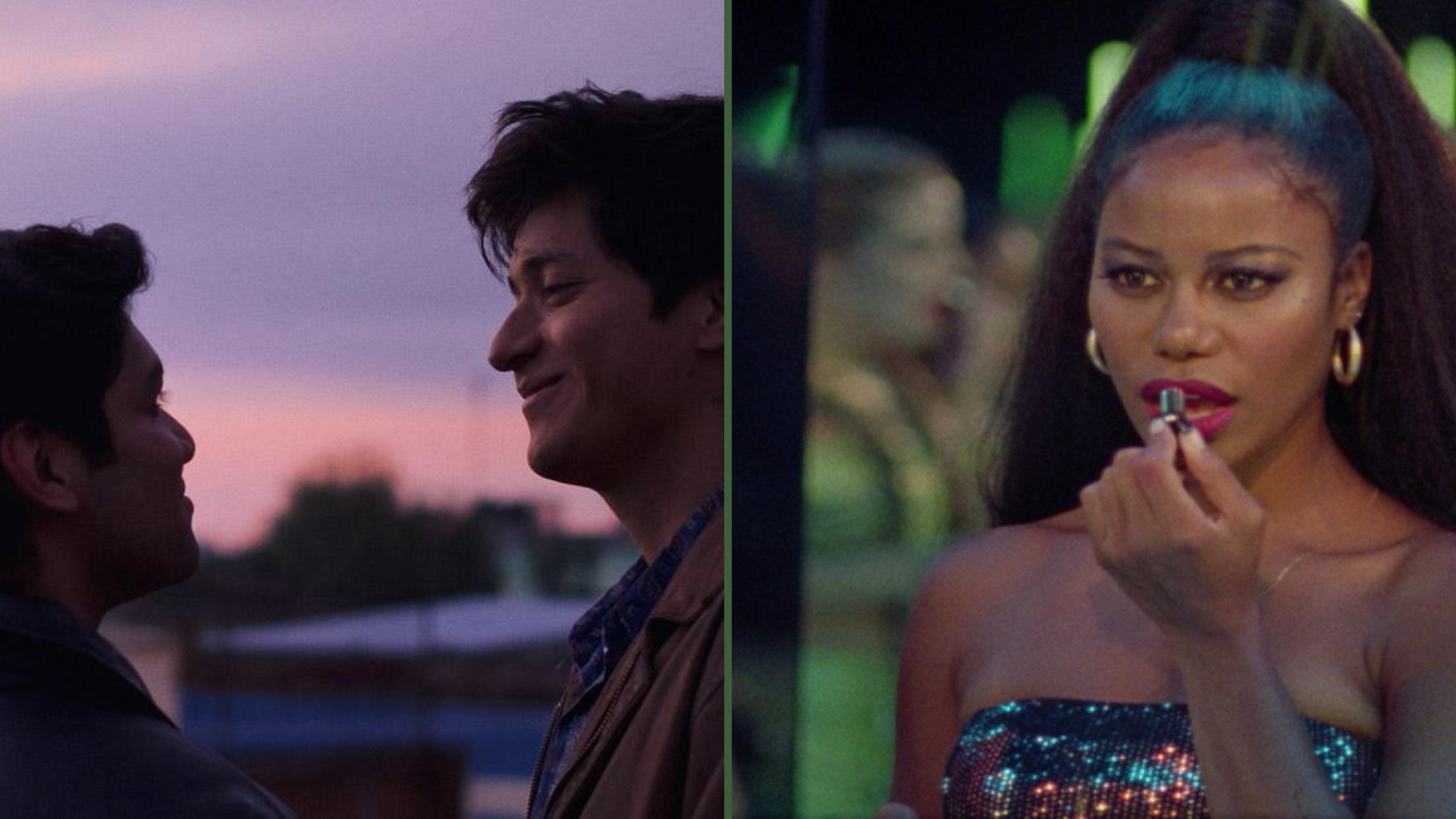This is the third piece in The Daily’s 2020 Sundance Film Festival series by Arts & Life writers Julie Fukunaga and Olivia Popp.
With theaters closed and with a renewed need for film discussion, The Daily is coming to you with some unconventional mid-summer coverage. This piece also comes as Sundance critics and audience favorites begin online releases. Hooray!
Our coverage accompanies news of Sundance’s general plan for the 2021 festival — the Sundance Institute issued a press release committing to a 2021 “edition respectful of the public health situation, responsive to the moment, and reimagined in and for extraordinary times,” and a “single festival expressed locally, globally, in-person, and online.” Although The Daily’s 2020 coverage marked the third-consecutive year of Park City antics (but was predated by some fantastic mid-2010s coverage by A&L writers), we’re excited for what 2021’s festival will bring.
With that, let’s review some unreleased Sundance premieres that we’re excited about, works I hope you won’t forget while you’re waiting for a digital or theatrical release sometime in the future. Revisiting The Daily’s second Sundance 2020 piece, you can, of course, watch “Palm Springs” on Hulu now — and you can also watch “Shirley” and “Spaceship Earth” on Hulu, and “Crip Camp” on Netflix.
‘Zola’
Based on a Black stripper’s viral Twitter thread describing a trip to Florida with a white woman she’d just met, director Janicza Bravo’s “Zola” might be the most contextually appropriate film to have an online release (A24’s website says that the film is simply “coming soon,” complete with an air of defiant nonchalance). Nevertheless, “Zola” is still a film which deserves to be seen in a theater (and we’re glad we did) — that is, a big screen and loudspeakers. (Fun fact: Ethan Hawke, who starred in the recently-released Sundance premiere “Tesla,” attended the same “Zola” screening.)
From the opening scene, you know you’re in for quite the story. “Zola” doesn’t shy away from its Twitter-thread roots (all dramatized and embellished, as admitted by Aziah “Zola” Wells, played by Taylour Paige in the film) — it leans into the absurdity of the story and even some of the narrative discrepancies. But why care how much of it is true? “Zola” is here to tell the story as it was told, to take audiences on the same thrill-ride as it took Twitter users.
In 90 minutes, “Zola” finds the fun in the story more than anything else, but behind it all, there’s the answer to our rhetorical question — we care how much of it is true because the story depicts elements of sex trafficking in the U.S. Although writers Bravo and Jeremy O. Harris (known for “Slave Play” on Broadway) tell the tale with wit and humor, the film mostly tracks the trip to Florida, discussing none of the story’s greater implications; others beyond the film have more thoroughly discussed and investigated the truth behind the tale, what it meant for everyone involved — the essence of it too strange and, in many ways, too terrifying to be made up.
We’re eagerly waiting for A24 to release “Zola” so we can watch it again, because above all, it’s a good film. Bravo crafts a unique cinematic style, pulls viewers into the story and propels them through it (in a way more reminiscent of rocketing down a really long waterslide than a leisurely stroll, but we’re cool with it) — that’s all we can ask for.
‘I Carry You With Me’
Premiering in Sundance’s NEXT section (one of the festival’s non-competition sections, highlighting “pure, bold works distinguished by an innovative, forward-thinking approach to story-telling”), “I Carry You With Me” is a film we can definitely say is meant to be there. The film also won the NEXT Audience Award and the NEXT Innovator Award.
You never know what you’re going to get with a NEXT film, but they’re typically defined by some sort of nontraditional cinematic element — notable NEXT films include “Searching,” “Thoroughbreds” and “Tangerine.” The NEXT films also tend to be selected from among emerging filmmakers.
“I Carry You With Me” tells the story of Iván (Armando Espitia), an aspiring chef in Mexico who meets Gerardo (Christian Vasquez), an out gay man with whom he falls in love. As he works to support his child and the mother of his child, Iván’s life is complicated when his relationship with Gerardo is uncovered. Taking the risk to ensure the financial security of his child and partner in the hopes of reuniting with them one day, he crosses the border to the U.S. to further his culinary aspirations. On the surface, “I Carry You With Me” seems like a well-crafted, potentially heartbreaking but potentially heartwarming, queer narrative. But the film’s reveals at the end make the story still more satisfying, even if you question where it leads along the way.
Of the three NEXT films we saw (the other two: “Beast Beast” and “Black Bear”), “I Carry You With Me” most boldly embraces the NEXT ideology. Unlike “Beast Beast,” it’s not a film with a network of intertwined character storylines and an explosive finish; unlike “Black Bear,” it’s not a film with a dark and sudden “Mulholland Drive”-like narrative twist. Instead, “I Carry You With Me” reveals its secrets slowly and with grace, visually allowing audiences to discover its unique docudrama style. It’s worth noting that the director and co-writer, Heidi Ewing, is primarily a documentary director, and “I Carry You With Me” is her solo directorial narrative debut. But I won’t say any more because it would be robbing you of the viewing experience.
“I Carry You With Me” is slated for release by Sony Pictures Classics on Nov. 6.
Contact Olivia Popp at oliviapopp ‘at’ stanford.edu.
